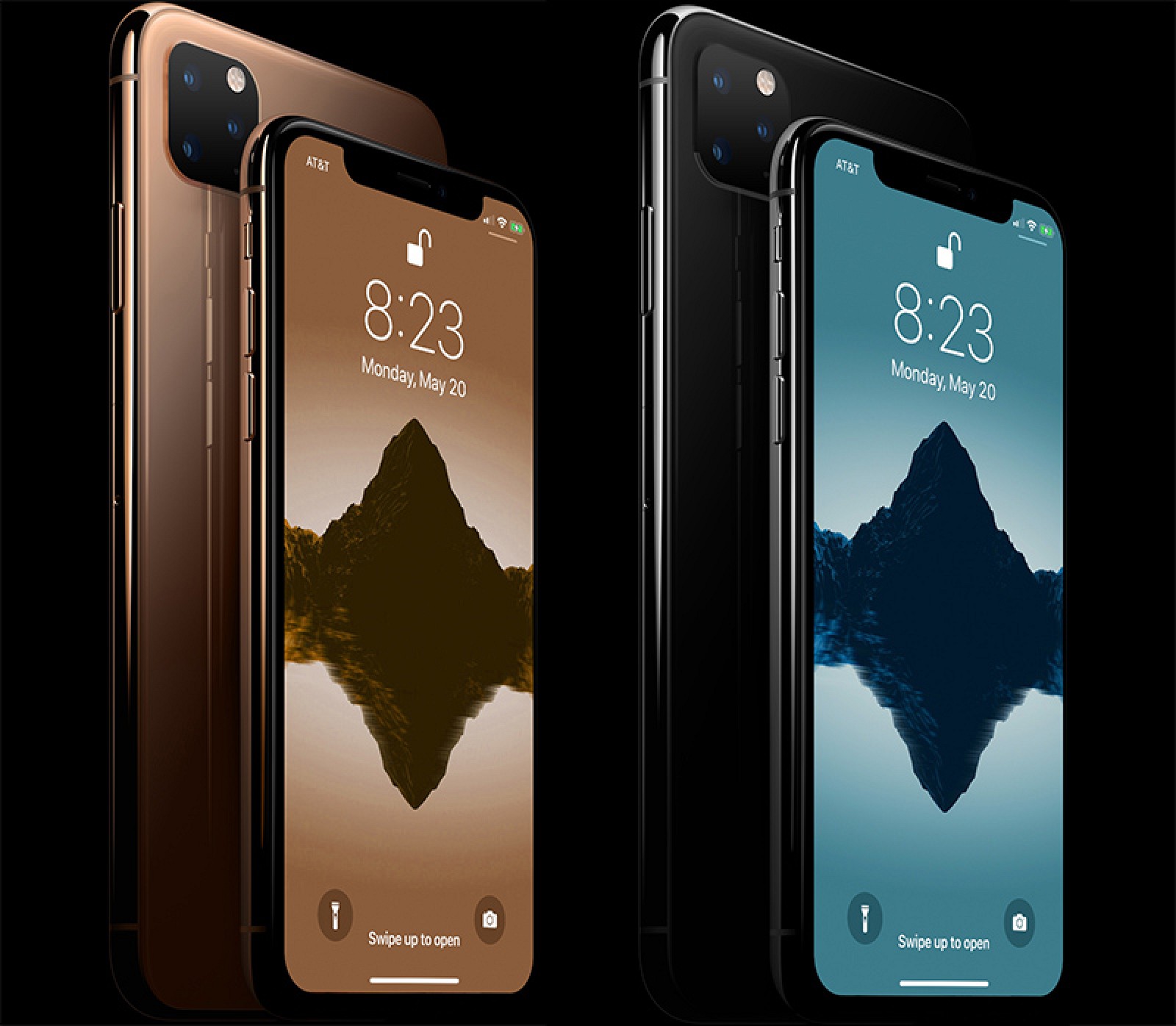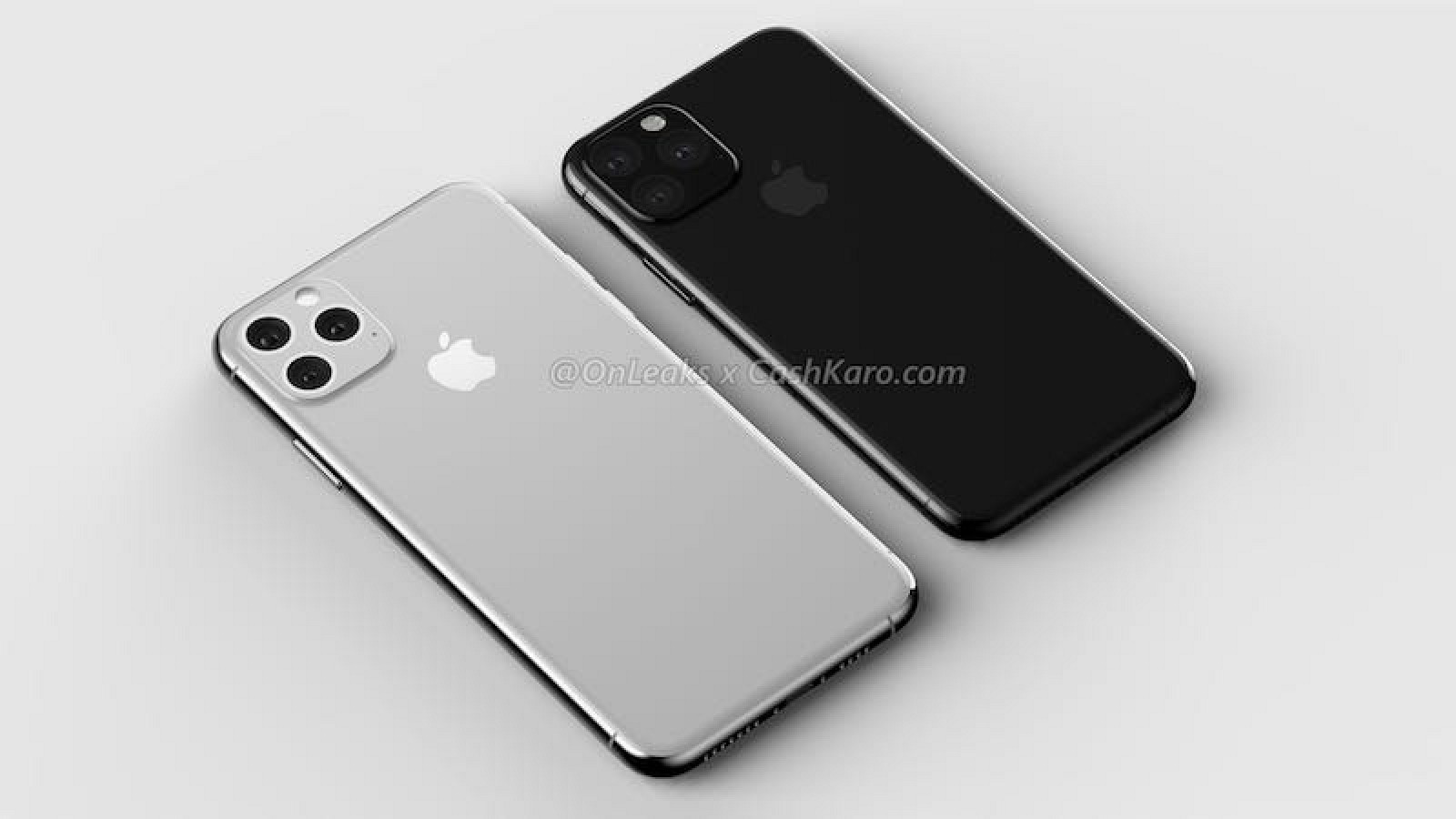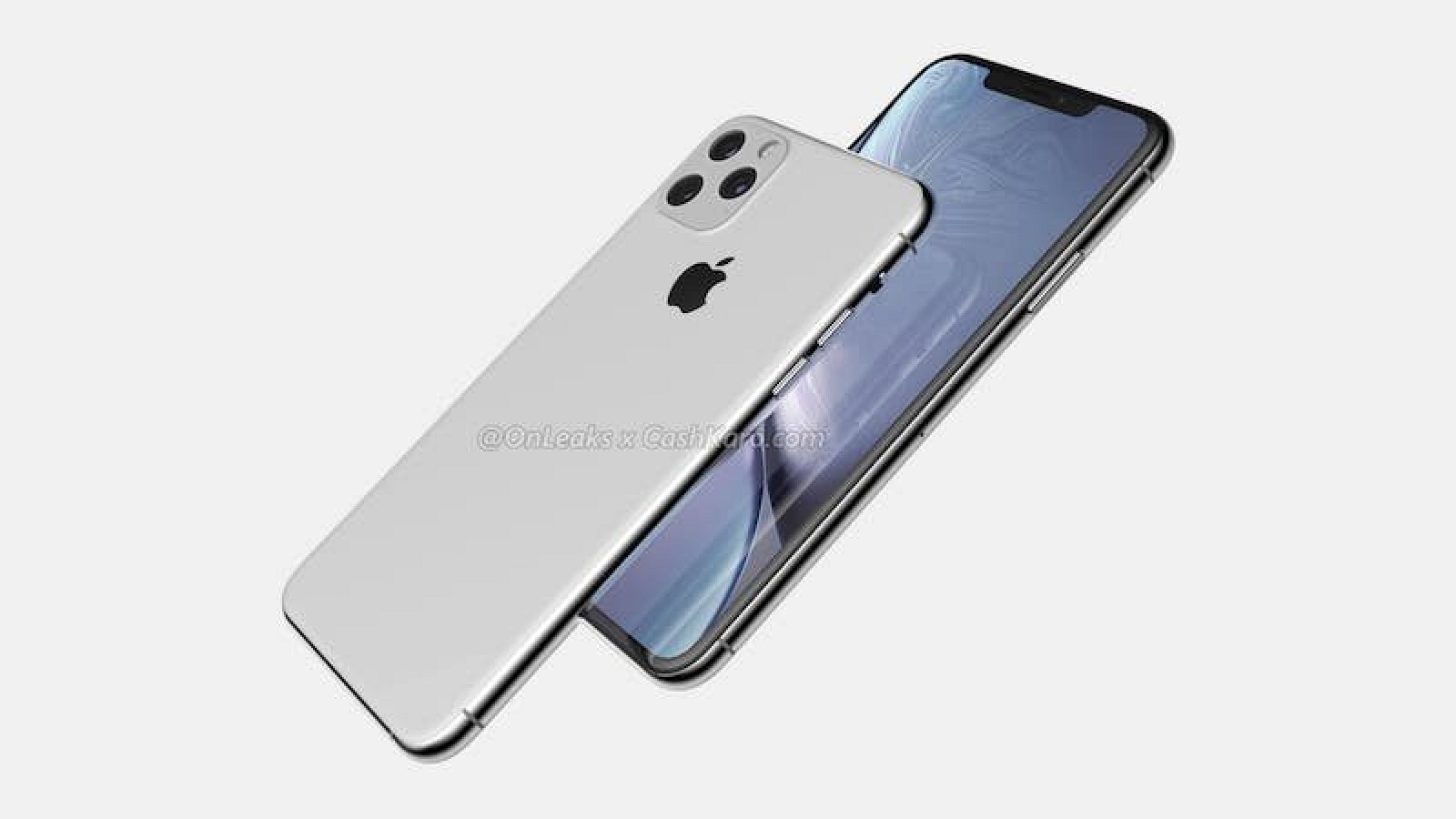Six years ago, several thousand iPhone 5c units were stolen, even before the model was officially unveiled. Since then, Apple has continuously increased security measures in all of its factories.
In 2013, an employee of the contractor Jabil had a well-thought-out plan. With the help of the security guard, who turned off the security cameras, he smuggled an entire truckload of iPhone 5c from the factory. Shortly after that, images of the new iPhone flooded the Internet, and Apple had nothing to surprise in September.
It could be interest you
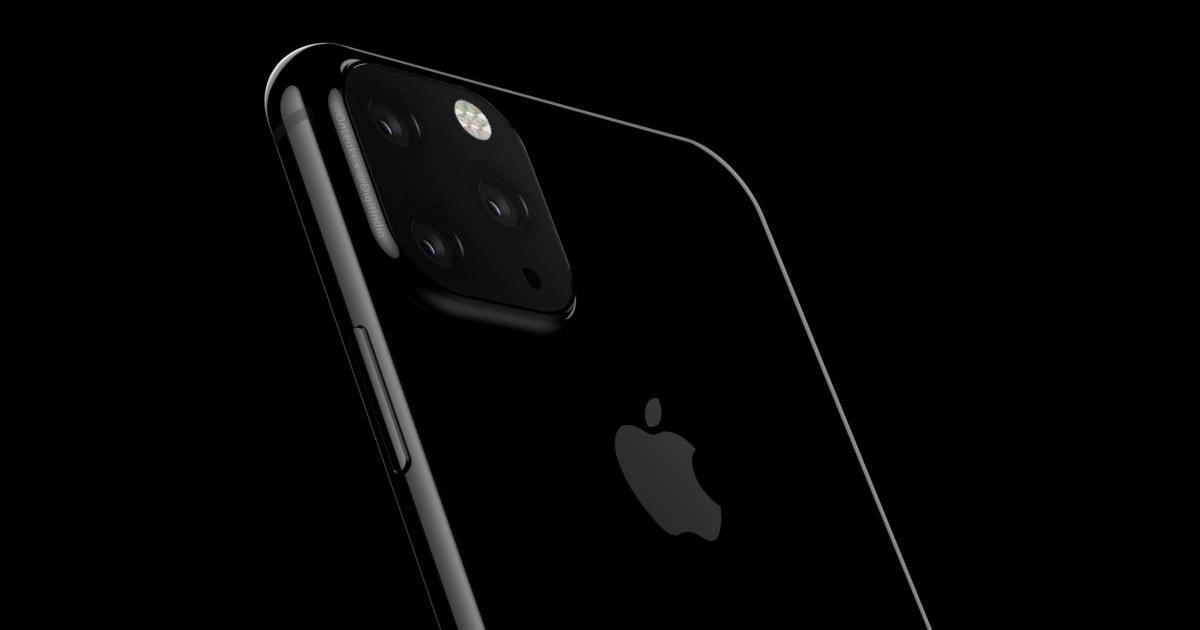
After this event, a fundamental change took place. Apple has created a special NPS security team to protect product information. The team works mainly in China for supply chains. Thanks to the tireless work of the members of the unit, it has already been possible to prevent equipment theft and information leaks several times. And that includes a curious case where workers were digging a secret tunnel out of the factory.
Last year, Apple slowly began to tone down the team's commitment. According to available information, theft from factories is no longer such a threat and strict security measures are working.
On the other hand, leakage of electronic information and data is still a problem. CAD drawings of products are the most susceptible. After all, otherwise we wouldn't know the shape of the new "iPhone 11" model with three cameras on the back. So Apple is now trying to devote all its efforts to protecting against this danger.
Google and Samsung are also implementing the measure
Google, Samsung and LG are trying to imitate Apple's security measures. And this is mainly due to concerns about companies such as Huawei and Xiaomi, which have no problem with stealing and implementing foreign technologies for their own needs.
At the same time, it was not at all easy to stop the leakages from the factories. Apple has hired ex-army specialists and agents who speak fluent Chinese. They then checked the whole situation directly on the spot and tried to prevent any potential danger. For the sake of prevention, a control audit took place every week. For all this, clear instructions and responsibilities were issued for both physical devices and electronic information, including the procedure for their inventory.
Apple wanted to get its people into other supply companies as well. For example, however, Samsung prevented a security engineer from inspecting the production of OLED displays for the iPhone X. He cited the possible disclosure of production secrets.
In the meantime, uncompromising measures continue. Suppliers must store all parts in opaque containers, but all waste must be cleaned and scanned before leaving the premises. Everything must be sealed in a container with tamper-resistant stickers. Each component has a unique serial number that corresponds to where it was manufactured. Inventory is carried out daily with weekly overviews of discarded parts.

A fine that can put the supplier on the shoulders
Apple further requires that all CAD drawings and renderings be stored on computers on a separate network. Files are watermarked so that in the event of a leak it is clear where it came from. Third-party storage and services such as Dropbox or Google Enterprise are prohibited.
If it is determined that the leaked information came from a specific supplier, that person will pay the entire investigation and contractual penalty directly to Apple.
It could be interest you
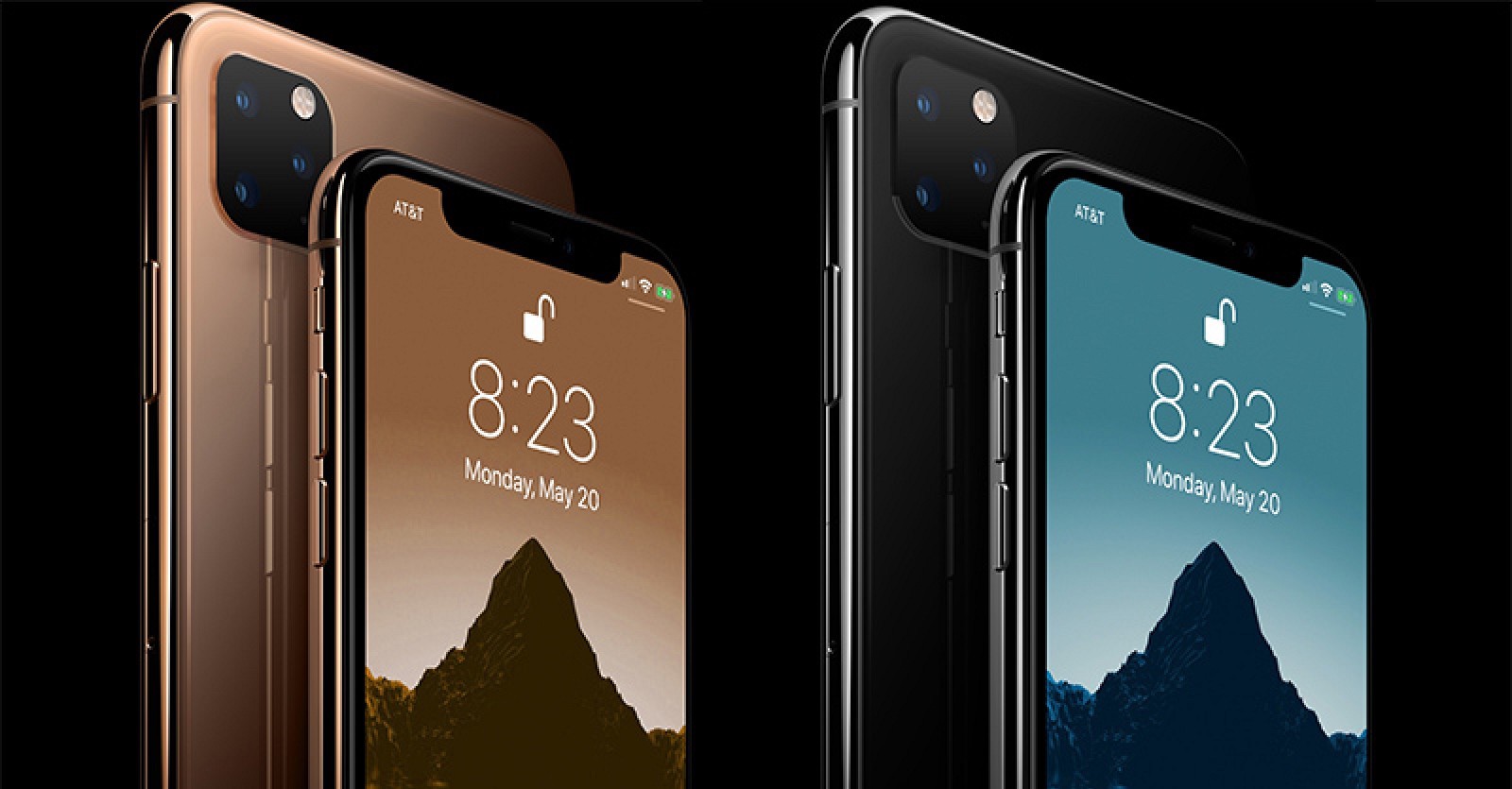
For example, the aforementioned supplier Jabil will pay $25 million in the event of another leak. For that reason, a massive safety improvement was made. The cameras are now capable of facial recognition and over 600 security personnel have been hired.
However, there are exceptions. For example, the well-known manufacturer Foxconn has long been the source of all kinds of leaks. Although he too has stepped up all measures, Apple cannot fine him. As the main manufacturer, Foxconn has a strong negotiating position thanks to its position, which protects it from possible penalties.
Source: AppleInsider
